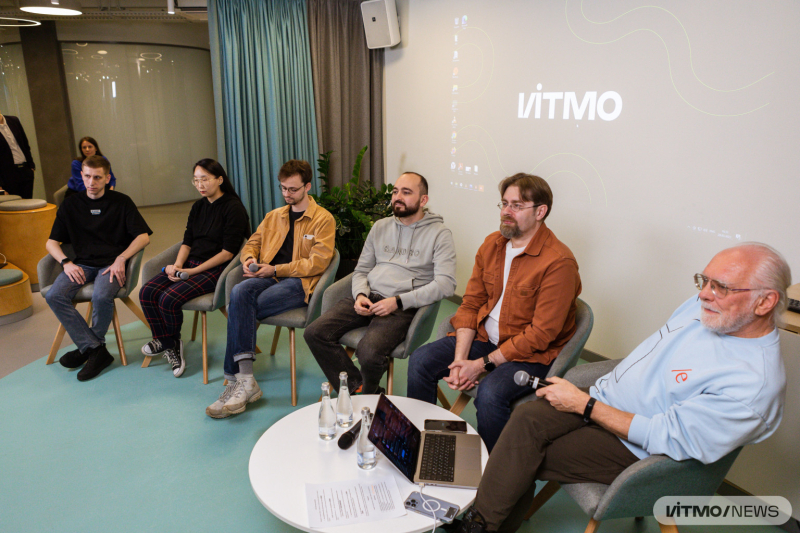Neural networks first became a hot topic in 2012, when researchers from the University of Toronto presented the results of a visual recognition challenge: a neural network scored a whopping 85% in accuracy. Since then, deep learning has been at the cutting edge of AI. However, even after having made the news, the technology remained rather a niche one and not something used by the general public.
In a few years, however, neural networks became the talk of the town for good. Andrey Sebrant, a researcher and the director of marketing services at Yandex, says that ChatGPT has kept up its initial hype even months after its release. Alexander Krainov, the director for development of artificial intelligence technologies at Yandex, is convinced that in a year this innovation will permeate our daily lives to an extent that it will become routine.
“In a year, we won’t even lift an eyebrow at hearing about the capacities of ChatGPT – it’s only now that it startles us as much as it does. However, it won’t get less significant as we get used to it. On the contrary, I think it will have the same impact on our lives as did the invention of the internet,” said Mr. Krainov at the meetup.
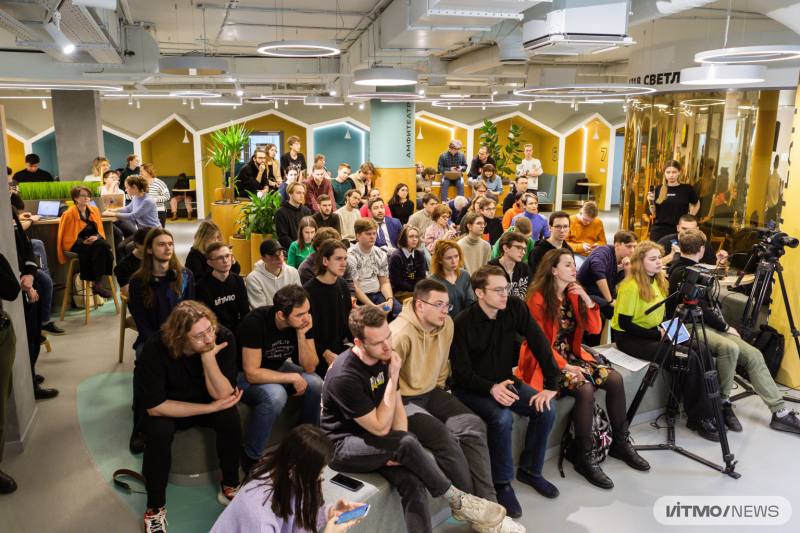
The ChatGPT meetup at ITMO. Photo by Dmitry Grigoryev / ITMO.NEWS
What is behind this success? According to the expert, OpenAI were the first to suggest that users can “simply explain exactly what they need to a model.” This required a lot of work from text editors, which accounted for such a breakthrough in quality.
What about Russia?
Russian tech giants also engage in such technologies. For instance, Sberbank has its own ChatGPT counterpart – FRED-T5, recently deemed the best at comprehending texts in Russian. As for Yandex, the company created YaLM, a family of generative neural networks suited for various tasks.
“As Yandex specializes in efficient online search services, we rely on our own technologies to complete this task. Neural networks help us present personalized and succinct search results to any user relying on our service. They also power our voice assistant, Alisa, and summarize user reviews on Yandex Market so that our users don’t have to peruse each review on their own – instead, they can simply access one generalized summary,” explained Mr. Krainov in a conversation with ITMO.NEWS.
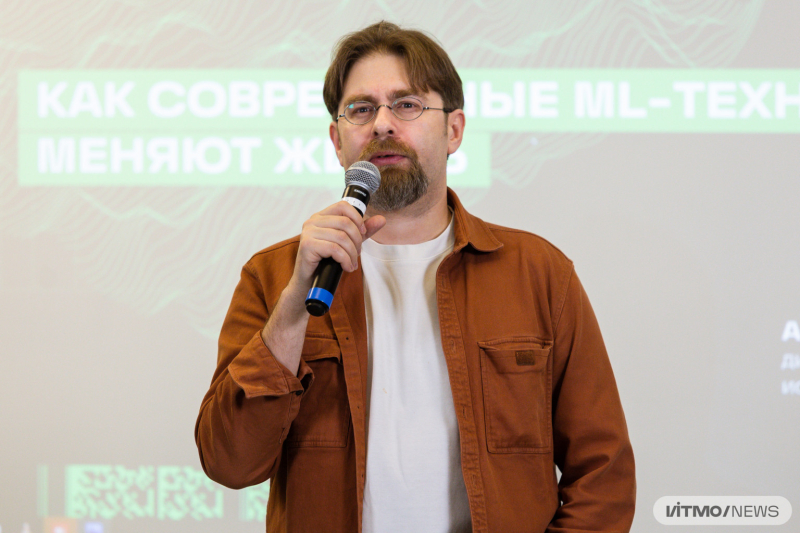
Alexander Krainov. Photo by Dmitry Grigoryev / ITMO.NEWS
What’s next?
GPT-4 can already successfully perform a number of routine tasks: answer questions, hold a conversation for an extended period of time while keeping the context of previous replies in mind, write fiction, and even generate code for websites and apps from a text description.
Despite there being some difficulties to utilizing ChatGPT, Alexander Krainov is convinced that the number of its users will continue to grow in the future. He stated: “Experts in various fields can come up with thousands of tasks that this model could be applied to.”
For instance, applying this technology in education can result in greater personalization. Generative networks can theoretically handle the repetitive parts of customizing each student's curriculum.
“In a perfect world, each student would have a separate teacher for every subject, with a curriculum that is based around the individual learning pace of the student. While this is impossible nowadays, as it would be incredibly costly, generative networks as teachers make it feasible. I’m not talking about higher education, but I think it is entirely within the realm of possibility when it comes to teaching younger children,” shared Alexander Krainov.
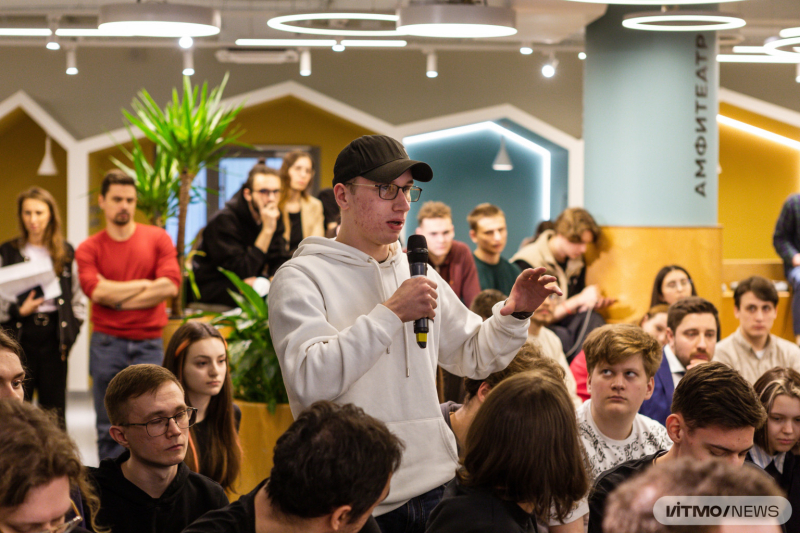
The ChatGPT meetup at ITMO. Photo by Dmitry Grigoryev / ITMO.NEWS
Students of ITMO and other universities also have their ideas on how to use ChatGPT in education. Less than a month ago, ITMO announced an open call for best applications of machine learning technologies, particularly generative networks, in education, research, time management, and other related fields. The best ideas were presented at the meetup. For example, Master’s students Alexandra Cherk from the Institute of Applied Computer Science and Egor Vasilyev from the Faculty of Control Systems and Robotics came up with an educational animated film about artificial intelligence. ITMO graduate Vasily Chernov used ChatGPT to analyze designs of objects. Vladimir Sologubov, another ITMO alumni, used the same technology to create a virtual world for an educational club.
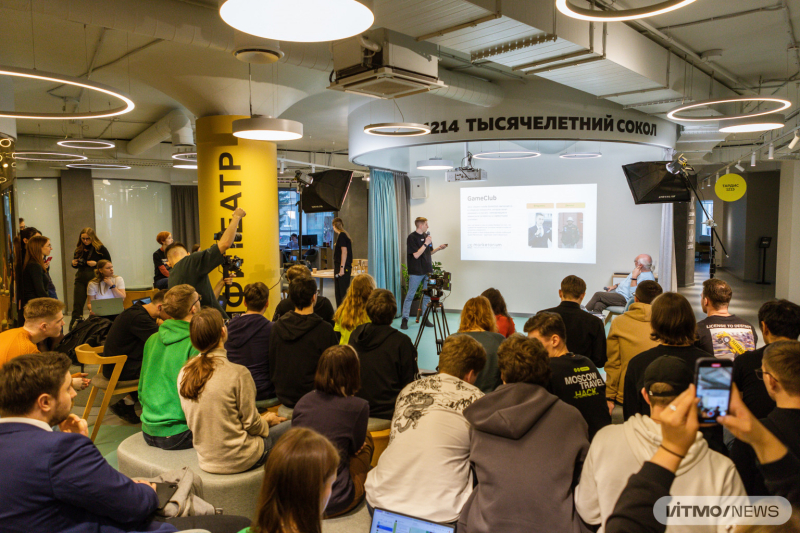
The ChatGPT meetup at ITMO. Photo by Dmitry Grigoryev / ITMO.NEWS
What about the labor market?
A recent survey conducted by the professional social network Fishbowl reveals that nearly 30% of participating professionals use ChatGPT in their work (of which 37% are marketing specialists and 35% – IT professionals; other chatbot-friendly fields are consulting and education).
What’s more, the growing popularity of AI has already generated new jobs on the market: prompt engineers. These specialize in knowing exactly what to ask from the neural network in order for it to produce the desired outcome.
According to Andrey Sebrant, anyone who wants to remain in-demand on the labor market needs to follow one rule: be able to quickly adapt to the changing circumstances.
“No matter what high-tech company I come to, it still employs people. And yes, sometimes, these people are replaced – not by robots, but by their own teammates who were a little more adept at grasping the new technologies,” concluded Mr. Sebrant.
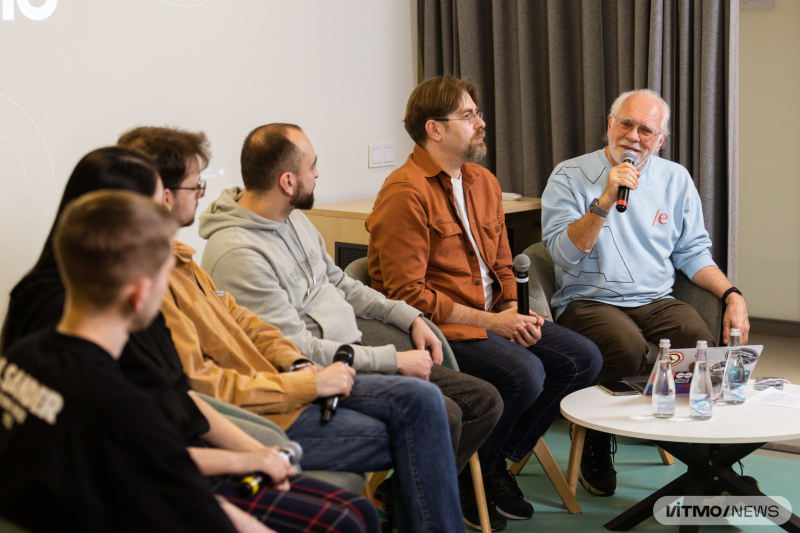
The ChatGPT meetup at ITMO. Photo by Dmitry Grigoryev / ITMO.NEWS
The ChatGPT-themed meetup was held at ITMO on March 28. It brought together several dozen students and developers, as well as participants of the open call, who presented their own ChatGPT-based solutions. Among the invited experts were Alexander Kapitonov, the dean of the Faculty of Infocommunication Technologies, and Alexander Krainov, the director for development of artificial intelligence technologies at Yandex and head of the joint online Master’s program by ITMO and Yandex. The discussion was moderated by Andrey Sebrant, the director of marketing services at Yandex.
